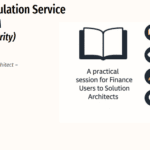

SB524 – Using Subscription Billing with Project Management in D365 Finance: A Complete Overview
Table of Contents
Toggle🚀 Introduction
As service-oriented organizations increasingly deliver long-term, project-based engagements, the need to manage recurring billing and revenue deferrals becomes essential. Dynamics 365 Finance bridges this gap by combining Subscription Billing with the Project Management and Accounting (PMA) module.
This article provides a high-level overview of how Subscription Billing integrates with project accounting in D365, highlighting key configurations, supported transactions, and deferral handling for both revenue and expenses.
🧩 Core Benefits of Using Subscription Billing with Projects
✅ Automate recurring billing linked to projects (e.g., support, maintenance, license fees)
✅ Align revenue recognition with project timelines using deferral schedules
✅ Defer costs for project resources (hours, expenses, items) across fiscal periods
✅ Centralize billing through sales orders or free text invoices while maintaining project traceability
✅ Improve compliance with IFRS 15 and ASC 606
🛠️ Key Setup and Configuration
- Enable Feature: “Subscription billing and deferral schedules with project management”
- Project Groups: Must support deferrals (set to recognize revenue/costs on deferral basis)
- Billing Schedule Types: Can be linked to project subprojects or subcomponents
- Ledger Posting Setup: Ensure revenue and deferred revenue accounts are configured
- Deferral Templates: Define recognition rules (e.g., straight-line over 12 months)
🔄 Supported Project Transactions with Deferrals
Subscription Billing and the Deferral module support the following project transaction types:
| Transaction Type | Deferral Support | Notes |
| Project Hour Journal | ✅ | Revenue & cost deferrals per line |
| Timesheets | ✅ | Similar deferral handling as hours |
| Fee Journal | ✅ | Used for milestone or fixed charges |
| Expense Journal | ✅ | Travel, subsistence, etc. with deferral |
| Item Requirement | ✅ (non-stocked) | Applies to purchased items only |
| Expense Report | ✅ | Via workflow and project linkage |
📆 Billing Schedule Integration with Projects
Subscription Billing schedules can be:
- Created directly from a project
- Linked to a specific contract subproject
- Used to generate recurring project invoices via Sales Order or Free Text Invoice
Example: A 12-month support contract billed quarterly in advance and linked to a support project. Revenue is deferred monthly using a template.
📈 Revenue and Expense Recognition
Once deferrals are in place:
- Recognition is triggered via manual or batch jobs (typically monthly)
- Vouchers post from deferred accounts to revenue/expense accounts
- Audit trail is maintained for every recognition entry
🚧 Current Limitations and Considerations
- Stocked item requirements are not yet supported
- Fixed-price projects do not integrate with deferral engine
- No retroactive credit note support in MERA (as of now)
✅ Conclusion
The integration of Subscription Billing with Project Management in D365 Finance offers a powerful solution for:
- Automating project-related billing
- Smoothing revenue and cost recognition over time
- Supporting compliance, auditability, and operational efficiency
This functionality is especially relevant for IT services, consulting, software, construction, and other professional services firms delivering value over time.
Series Conclusion
This brings us to the conclusion of our Revenue & Expense Deferrals series for D365 Subscription Billing.
Throughout this series, you’ve learned how to:
- Set up deferral templates and defaults
- Automate schedule generation and revenue recognition
- Handle short-term vs. long-term deferrals
- Manage unbilled balances and waterfall reporting
- Troubleshoot recognition and batch job errors
You are now ready to design, implement, and maintain fully compliant, scalable, and audit-ready deferred revenue processes inside the new Subscription Billing module.
📚 What’s Next?
Stay tuned for future articles where we’ll dive into real-world, end-to-end revenue deferral scenarios, covering:
- SaaS subscriptions
- Project milestone billing
- Multi-element bundled offerings
These practical case studies will help you apply everything we’ve covered in real business environments.
Thank you for following the series — you are well on your way to mastering Subscription Billing deferral management in D365!
I am Yogeshkumar Patel, a Microsoft Certified Solution Architect and Enterprise Systems Manager with deep expertise across Dynamics 365 Finance & Supply Chain, Power Platform, Azure, and AI engineering. With over six years of experience, I have led enterprise-scale ERP implementations, AI-driven and agent-enabled automation initiatives, and secure cloud transformations that optimise business operations and decision-making. Holding a Master’s degree from the University of Bedfordshire, I specialise in integrating AI and agentic systems into core business processes streamlining supply chains, automating complex workflows, and enhancing insight-driven decisions through Power BI, orchestration frameworks, and governed AI architectures. Passionate about practical innovation and knowledge sharing, I created AIpowered365 to help businesses and professionals move beyond experimentation and adopt real-world, enterprise-ready AI and agent-driven solutions as part of their digital transformation journey. 📩 Let’s Connect: LinkedIn | Email 🚀
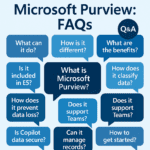
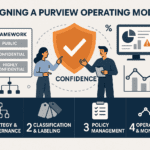
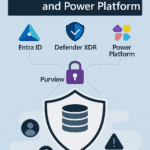




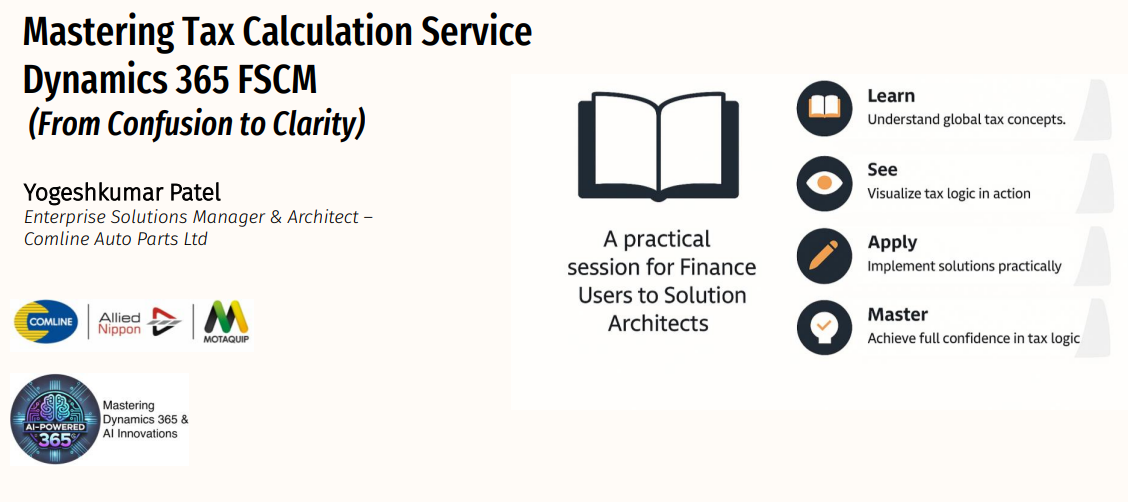
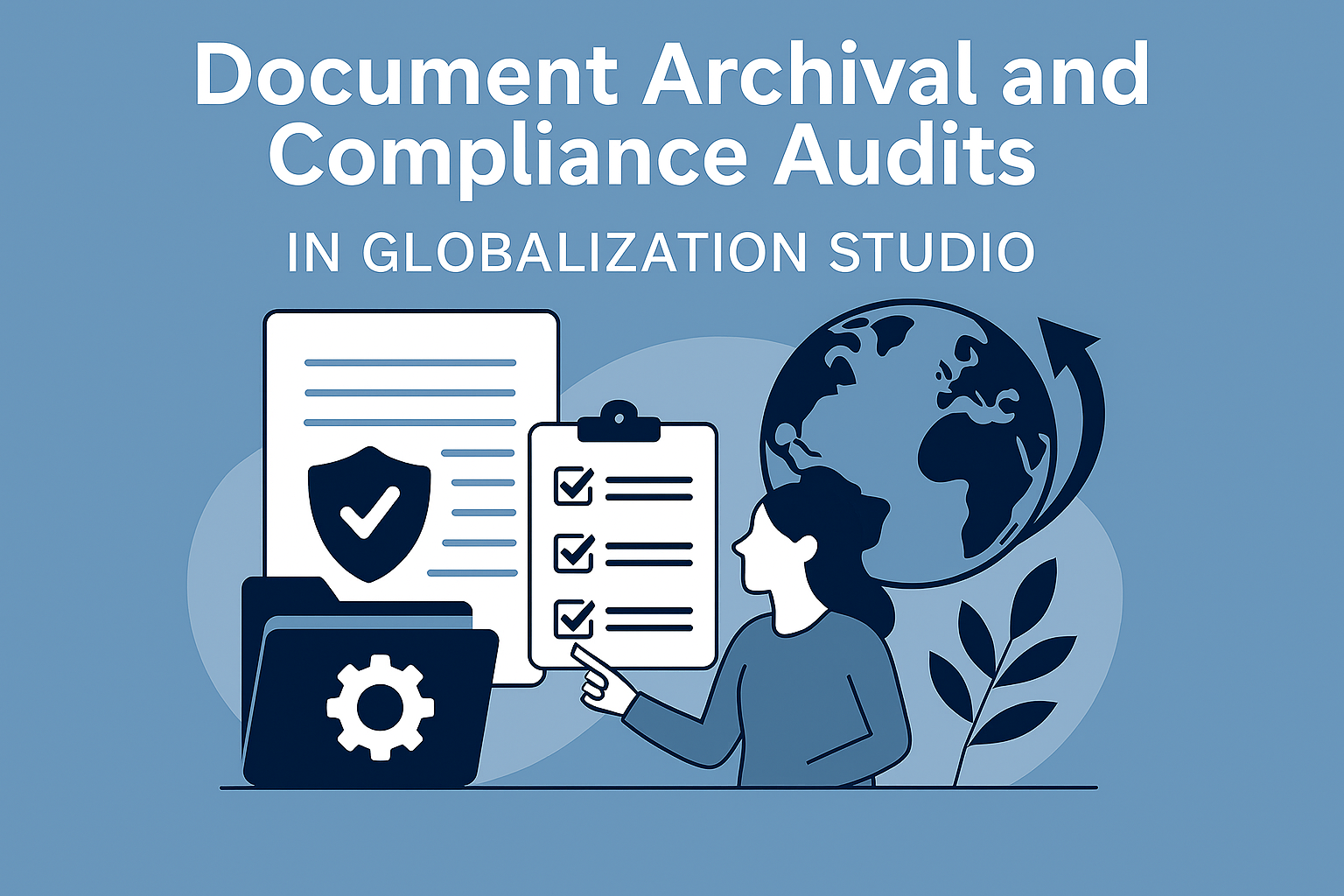
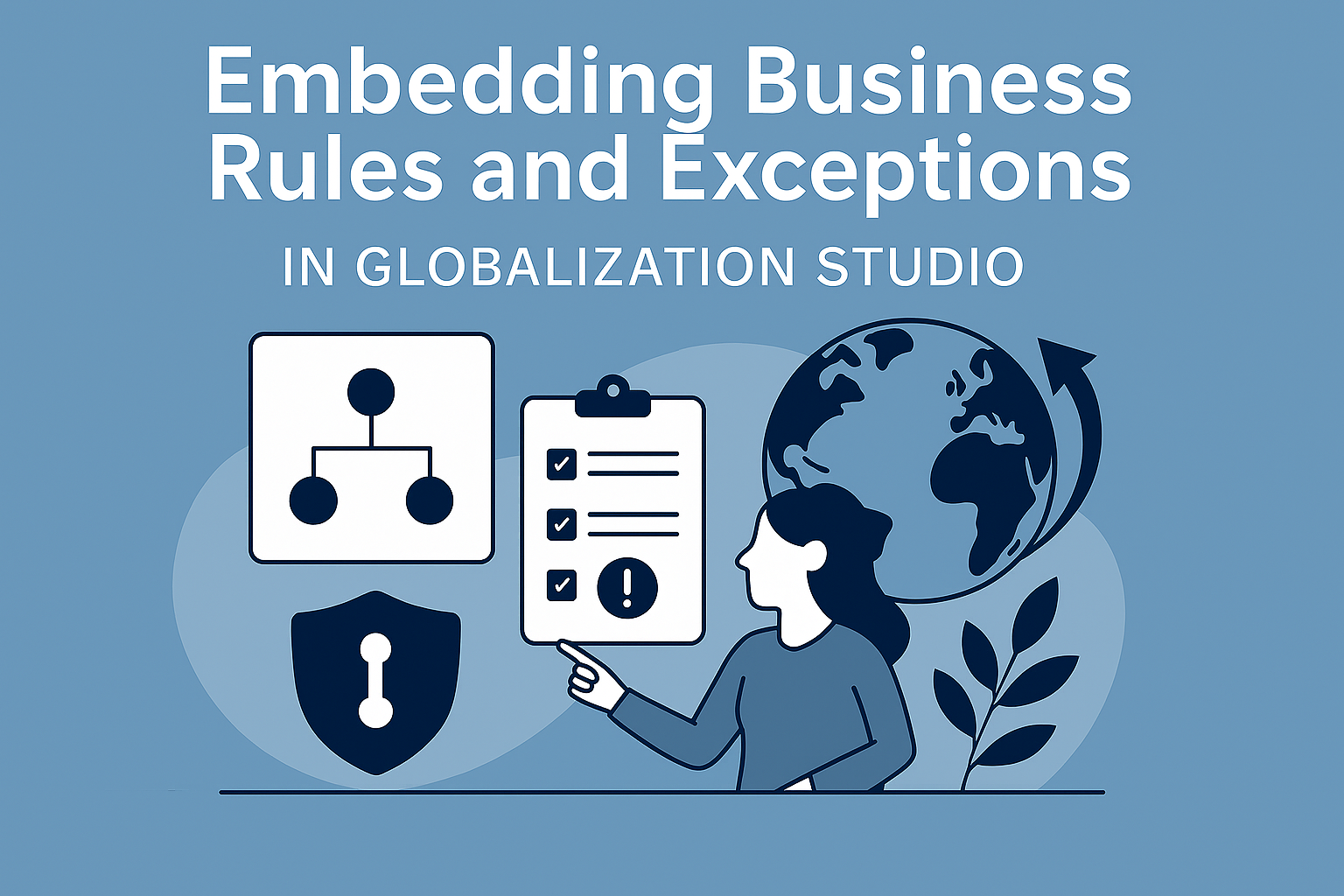










Post Comment